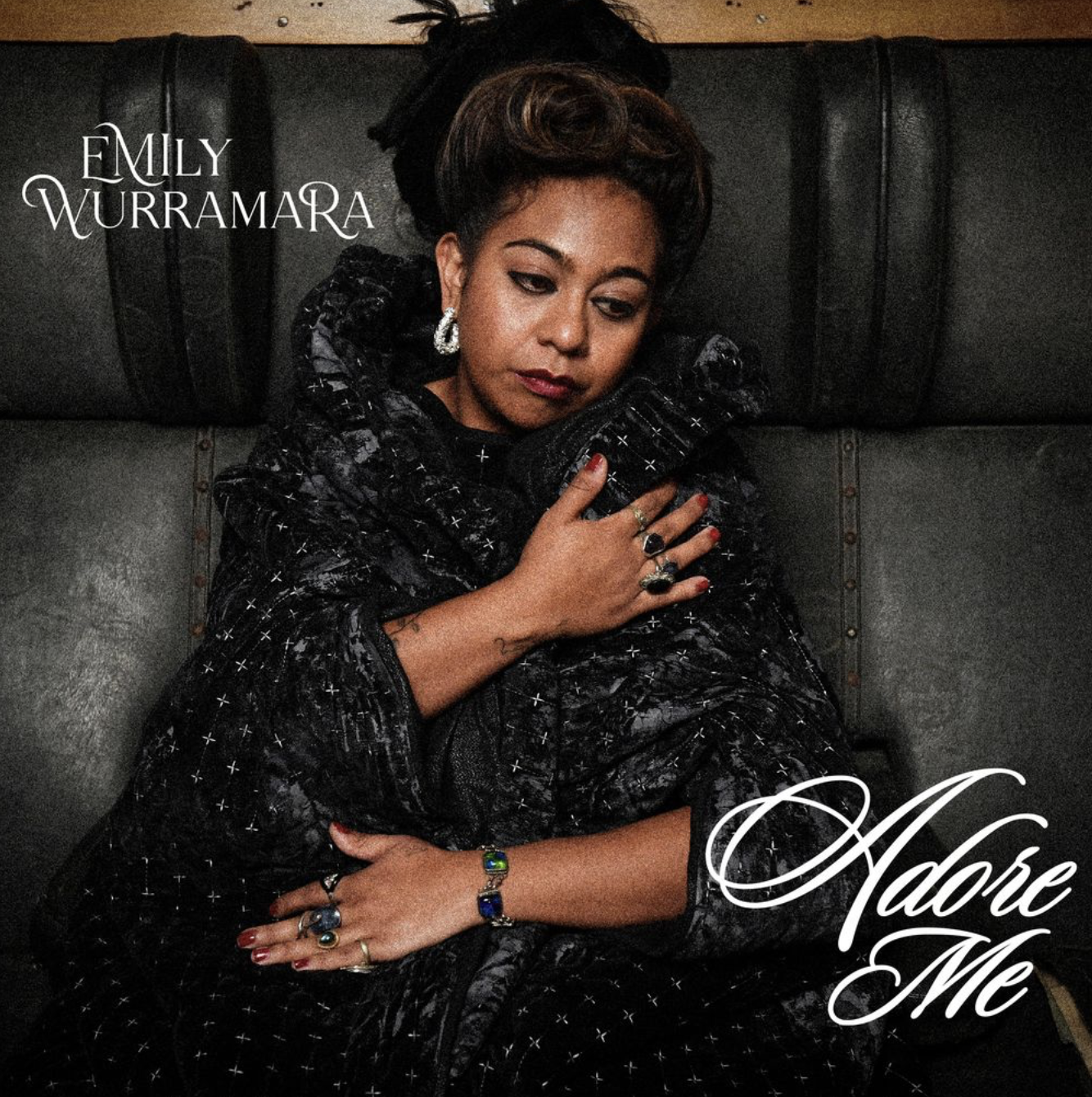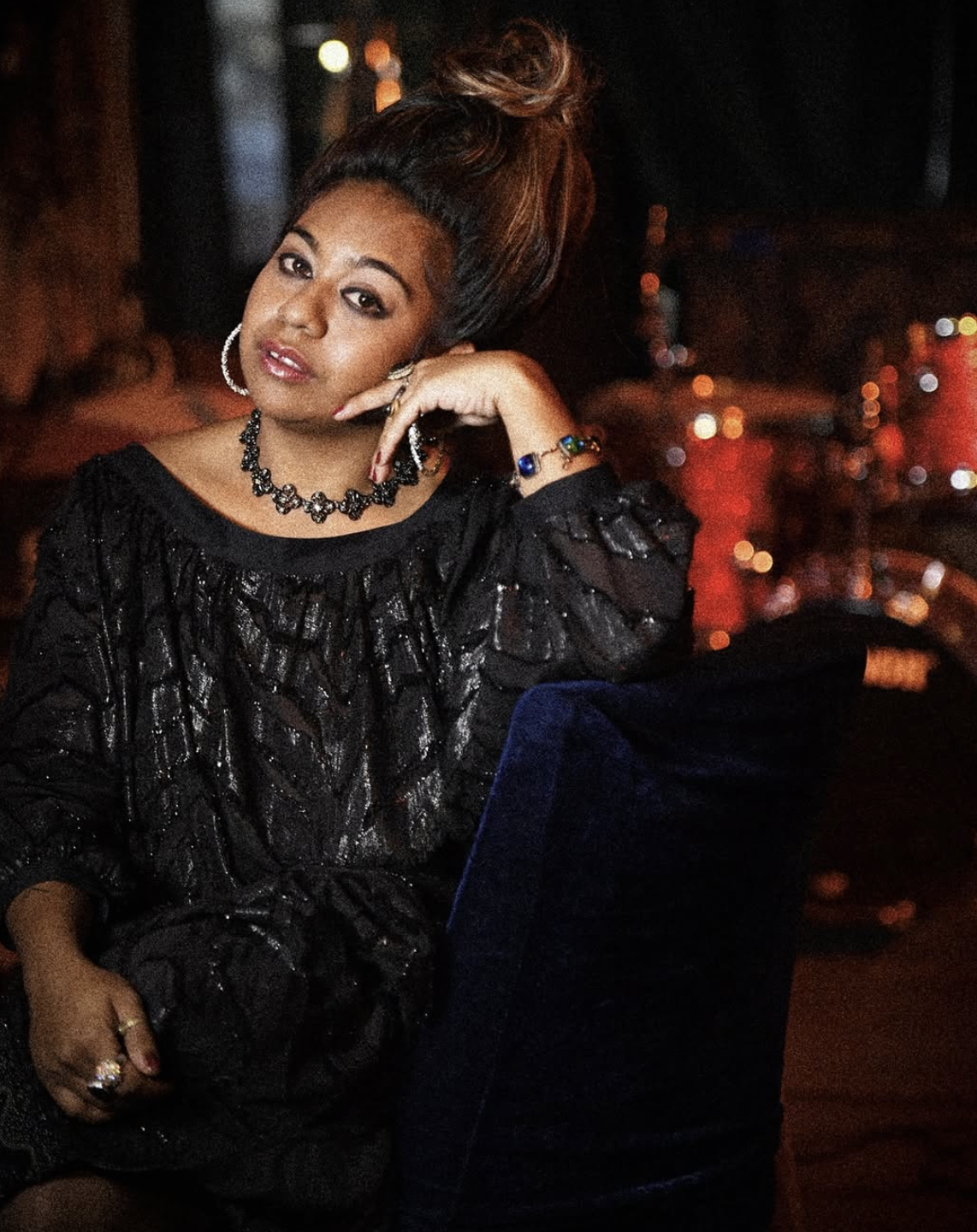Multi-award-winning artist, author, producer, activist and proud Warnindhilyagwa woman Emily Wurramara has released her latest single, 'Adore Me' .
Described as a sun-lit alt/indie/folk-pop meditation on love of all kinds, the new single is Wurramara's first official release since the lutruwita/Tasmania-based artist made history by being the first Indigenous woman to win an ARIA for Best Adult Contemporary Album for her second album, NARA (2024).
The new single follows a massive ten months for the acclaimed musician. With four current nominations each at this year's National Indigenous Music Awards and AIR Awards, three songs eligible for Triple J's Hottest 100 of "Australian" songs, Wurramara has enjoyed sustained success.

Written around the NARA tour following the album's ARIA win and landing alongside a warm, diaristic video documenting this momentous time, 'Adore Me' is a love song with a twist. There is an ache for reciprocity underneath the surface, as she reflects on "the flaws and patterns humanity engage with" when it comes to love in all its forms, "all these different concepts of love we need to look at and embrace as society", Wurramara says.
Co-produced by Wurramara with long-time collaborator James Mangohig (A.B. Original, Daniel Johns), decorated with rhythmic flourishes of various bells, medicine bowls and chimes and inspired by the way artists like Florence + the Machine and James Blake blend emotive lyrics with atmospheric soundscapes, the song was recorded on Larrakia Country's/Darwin's Sands Studios with many more of NARA's players including Caiti Baker on vocal engineering duties and a chorus of friends.
'Adore Me' stands as a testament to Wurramara's ability to ask the big, endlessly complex questions in the most healing, gorgeous, heart-on-sleeve ways - as she did on NARA - in a more expansive way than ever before, leaning further into the production instincts that helped to make her second album so singular.
Wurramara, whose family hails from Groote Eylandt and Milyakburra/Bickerton Island, said she continues to draw on her personal experiences to create music.
"I'm a chord girl - so after laying down the chords for 'Adore Me', I just sat there at two o'clock in the morning improvising. I heard the hook first, recorded it and then improvised the verse, which hasn't changed since then," she said.
"When it comes to songwriting, I feel like love songs are my superpower; I'm very well-versed and experienced in that. I've got a big heart, I'm a lover, and sometimes that can lead to challenges in the self and also within a relationship. But it's all about growth. You've gotta go through that to understand the love you deserve and need. You grasp onto this idea of what adoration means, in the hope you find that, only to realise that, hey, maybe you should love yourself first? Set that standard for how you want to be loved.
"Relationships are a lot of work and I firmly believe that fostering these discussions, around love and vulnerability, can lead to greater understanding and connection between people who are longing for that profound experience. I think 'Adore Me' really captures that essence - and there's this continuation of community with the way we recorded it, which I loved."

Song writing helps Wurramara make sense of the world.
"To me, songwriting is like a ceremony, it's sacred. It allows connection to happen; not to the physical, but to the soul, to the spirit," she said.
Wurramara has amassed 35+-million streams on Spotify alone thanks to her breath-taking talents as an artist, storyteller and performer who is known for her ability to evoke feeling through intimacy and appreciation of life's subtleties and complexities.
For more fashion, arts, culture and lifestyle news subscribe for free to the Style Up newsletter.




